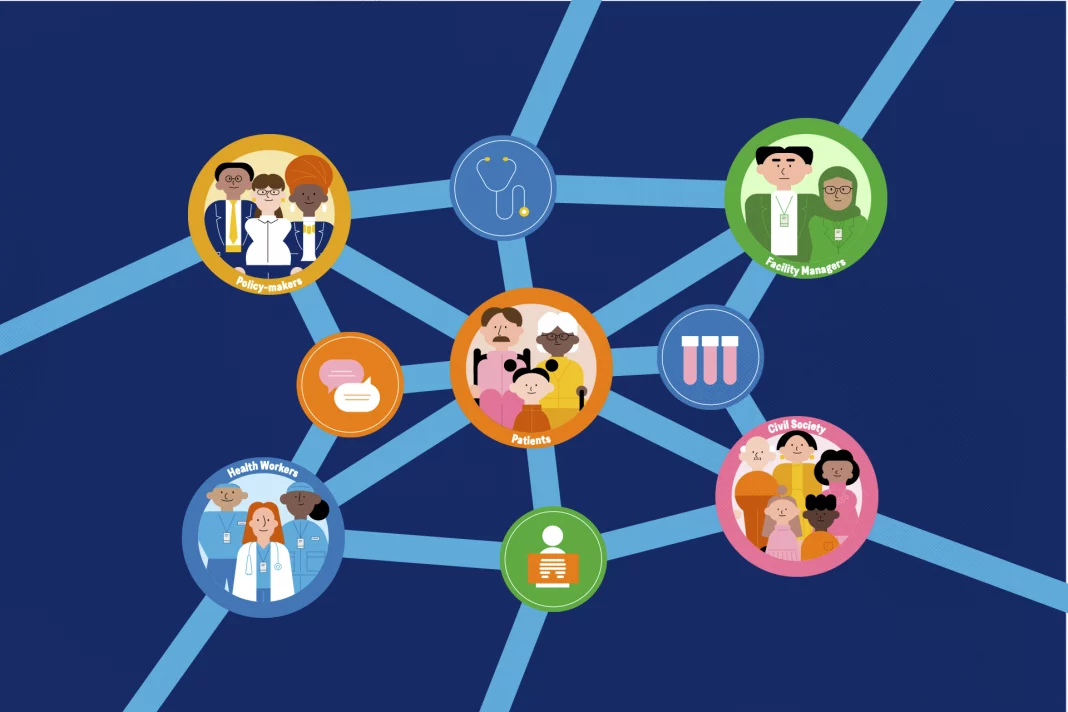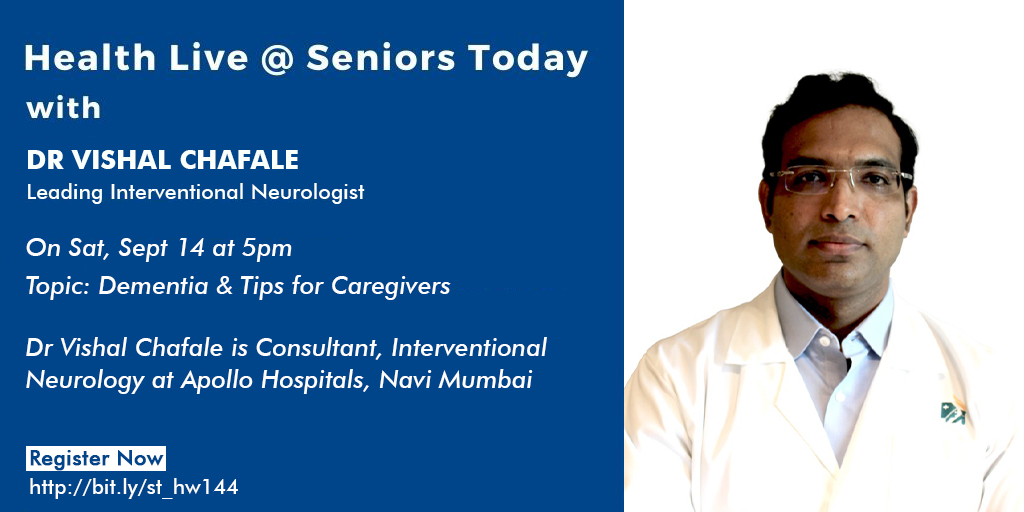“Saman sau baras ka aur Pal bhar ki khabar nahi” – Stuff for a hundred years and no news for a moment.
Recently I met a very charming couple who said that at the beginning of their marriage that husband told his wife that “The success of their marriage amongst other things would be the GVN principal – “Garja Vadhvu Naka” which in Marathi means — do not increase your needs. The man was highly qualified and was working to go abroad for better prospectus, his grandmother who brought him up said, leave your photograph here, so at least I can talk to you, when I feel like. She also told him, “merely earning a lot of money, will not make him a big man, his deeds are what will make him man of status”. So the success of their marriage as explained by the couple is to live simply and limit one’s needs. That is the principal of “Garja Vadhvu Naka”.
It is so easily said, simple living and high thinking and the people who say it, are the ones that don’t practice it. Gandhiji was considered a man who practiced simple living and there were many stories about his simplicity, but when he had to travel the whole third-class compartment was reserved for him. But this piece is not about Gandhiji. The principal of GVN is to understand that money can’t buy happiness. In fact, happiness is a habit that you build, just like exercising or eating sensibly. Choosing happiness is something you do for yourself and the people around you. Many sayings in Indian culture endorse the principle of living within one’s needs. Our saints, sages and philosophers have repeatedly said that one has be content with one has. Money could help in influencing people. You could buy material things, only to realise that the happiness is short lived till the next bauble comes out.

In a world where consumerism reigns supreme, it’s easy to find ourselves surrounded by a myriad of possessions that we never truly needed in the first place. These “unwanted necessities” are the items that we’ve accumulated over time, often without a second thought, and they have a way of weighing us down both physically and mentally.
The concept of unwanted necessities refers to the things we own that serve little to no purpose in our lives, yet we feel compelled to keep them for various reasons. It could be a gadget that we bought on a whim, a piece of clothing that no longer fits our style, or a decorative item that simply collects dust in the corner of a room. These possessions, while seemingly harmless, can have a significant impact on our lives, from the physical clutter they create to the emotional burden they impose.

Understanding the true nature of unwanted necessities is the first step towards breaking free from their grip. It’s about recognising that the mere act of ownership does not automatically equate to value or necessity. Just because we have acquired something doesn’t mean it’s serving a meaningful purpose in our lives. The only purpose that is served is to show off to others, that you are person of means and the more you want to show off the more money you have to make and run faster and faster. By shifting our mindset and learning to differentiate between what we truly need and what we have simply accumulated, we can begin to reclaim our space, our time, and our overall well-being. Happiness is often described as being happy in your life and being happy with your life.
Happiness is a sudden, unexpected, short lasting and high intensity feeling. It is characterised by a connection with others, God, nature and the universe, like a whiff of perfume that you experience unexpectedly and before you know the fragrance is gone. Finally, it’s a feeling that comes from within. It is also an expected fact, that rich people buy more products and services and if consumption were to make people happy, then rich people would be very happy, look around and find the answer yourself.
So, what exactly does living a simple life mean? It can mean different things to different people, but at its core, it is about living with intention and purpose. It is about consciously choosing to live with less, both in terms of material possessions and mental clutter. In a society that encourages us to constantly upgrade and keep up with the latest trend, it is easy to fall into the trap of over spending. Its question of prioritising our needs, wants and desires. Instead of constantly chasing material things, we could focus on creating meaningful memories and experiences with our family and friends or simply enjoying the evening by ourselves.

One of the most significant benefits of living a simple life is the sense of freedom it brings. By letting go of unnecessary possessions and distractions, we free ourselves from the burden of constantly trying to keep up with societal expectations. We also free up our time and energy to focus on what truly matters, whether it is pursuing a passion, spending time with loved ones, or simply taking care of ourselves.
Living a simple life is not about depriving ourselves of material possessions or living a boring and uneventful life. It is about consciously choosing to live with intention, purpose, and gratitude. It is about finding joy and contentment in the little things, and freeing ourselves from the constant pursuit of more. Sometimes the difference between needs, greed and aspirations becomes a foggy line. It is coming to terms with yourself as to what your needs are. So, let us all embrace the beauty and simplicity of a life well-lived.
Kabir’s couplet summarises my point of view succinctly:
“साईं इतना दीजिए, जामे कुटुम समाय।
मैं भी भूखा न रहूं, साधु न भूखा जाय।“
Kabir prays to God, asking for just enough wealth to take care of his family and household, while also having enough to give to those in need, such as saints or travellers. He emphasises the need for balance — neither greed, nor deprivation, but sufficiency, and generosity.




